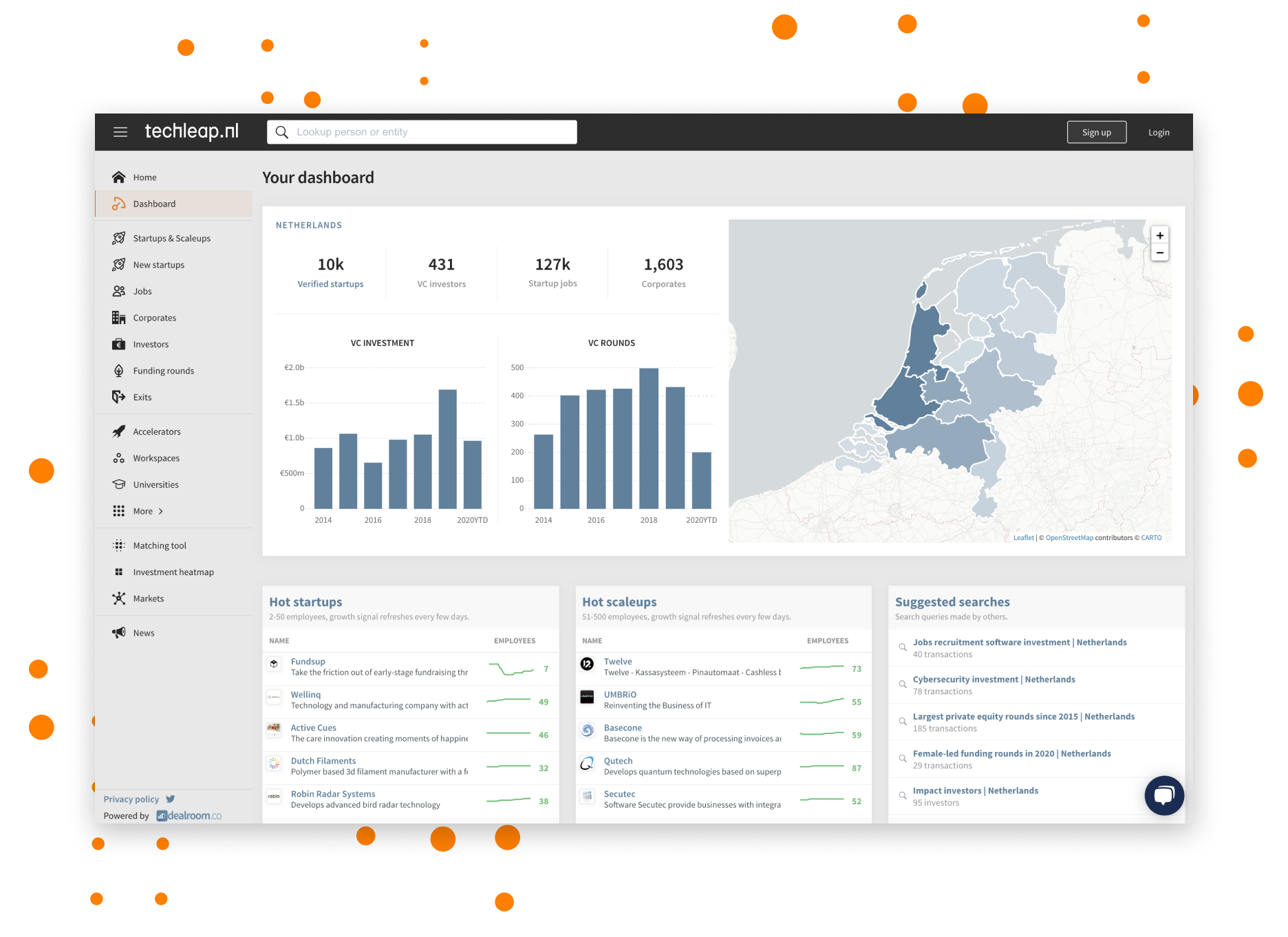
Start Up Finder
Investor, startup, or simply interested in the ecosystem, the Finder tool allows you to research promising companies, spot trends and find emerging industries.
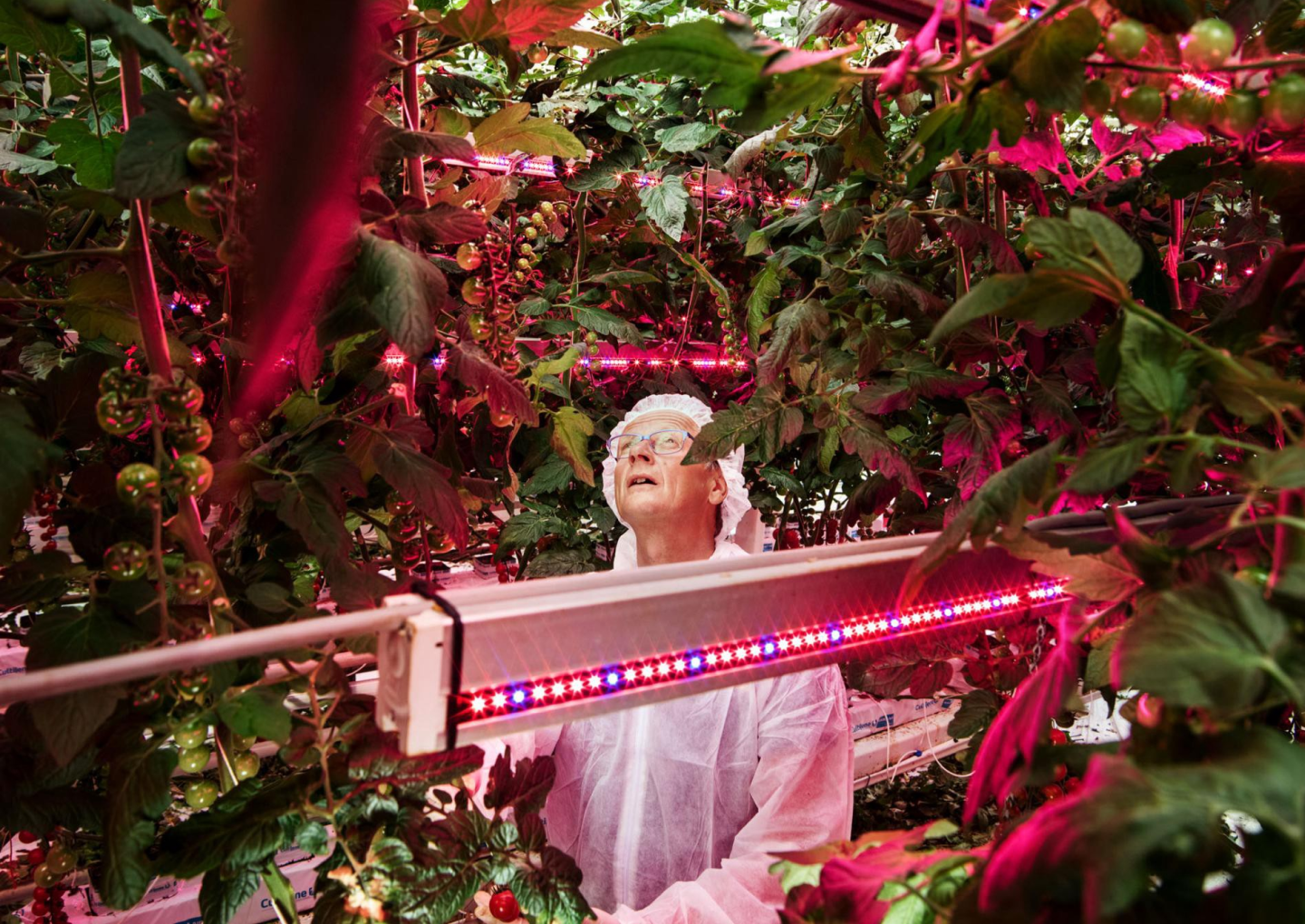
The Amsterdam-based team of 10, Seamore, turns seaweed into more than just that thing wrapped around your sushi rice. Their product range includes all kinds of things you wouldn’t expect to ‘sea’ (the first and last pun) such as seaweed bacon, seaweed wraps, and even seaweed pasta.
So you may be asking now, what’s the point in all of this, bacon is perfectly fine as it is. Well, that may be somewhat true but in the long run as a planet, we need more sustainable solutions to feed our growing population whilst still reducing our carbon footprint. Seaweed does just that and is one of the most sustainable food sources on the planet.
To grow seaweed, you don’t need land, freshwater, fertiliser, or pesticides. Just the ocean and sunshine! Seaweed has the lowest CO2 footprint of any food, it absorbs 50% of all the CO2 in the world. The more seaweed we grow for our food, the more CO2 we capture.
With Seamore’s effort to turn seaweed into everyday food, they’re attempting to help consumers change to more environmentally friendly options without needing to change their eating habits (too much).
In short, the Maastricht based Mosa Meat makes 100% natural beef without the cow. Now I know this may sound like some kind of magic.
But in reality, Mosa Meat is engineering beef by using just the cells of an animal. The process of making the meat is similar to making livestock meat, except the cells are grown outside the animal’s body. The first step is to take some cells from the muscle of an animal, such as a cow if you’re making beef, which is done with a small biopsy under anesthesia. From one sample from a cow, Mosa Meat can produce an incredible 800 million strands of muscle tissue (enough to make 80,000 quarter pounders).
The work that Mosa Meat is doing can and will have a real-world impact. The livestock industry is one of the biggest pollutants to the earth’s atmosphere and through this new method pioneered by Mosa Meat harmful emissions could be drastically reduced in the meat production process. Mosa Meat recently raised $7.5M and is now focused on scaling up their production process and getting their first products to market in the next 3–4 years.
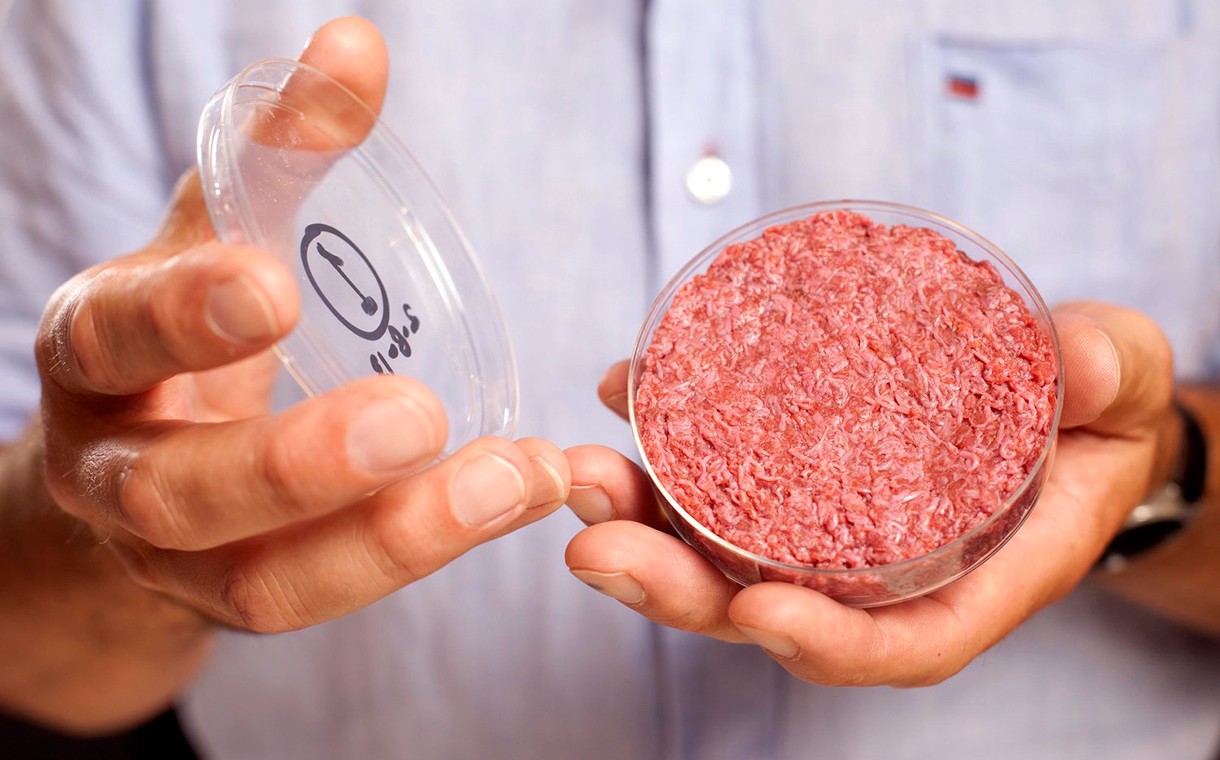
Burgs Foods is providing the world a new source of protein from a less well known farm-yard animal. The term farm-yard animal is being loosely used, but I’m sure crickets can be found on a lot of farms. Burgs Foods' focus is presenting crickets as a viable food option that goes beyond a novelty snack to westerner audiences when in faraway lands.
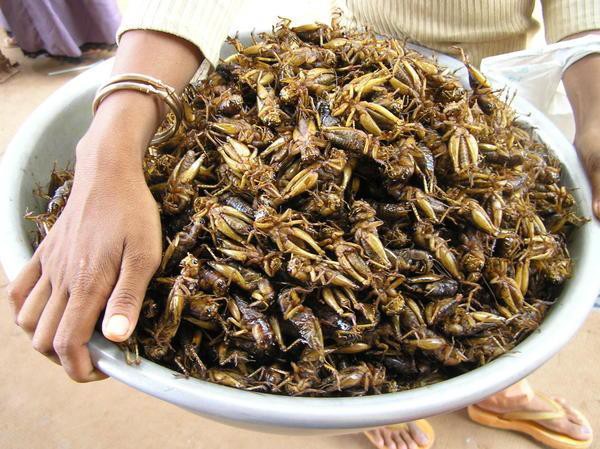
Consumers' perception of insects is slowly changing but we’re still not at the point where people are tucking into cricket burgers for dinner once a week. That is why the team at Burgs Foods focuses on processing crickets into tasty food products that can be used for lunch or dinner tailored towards our western diets.
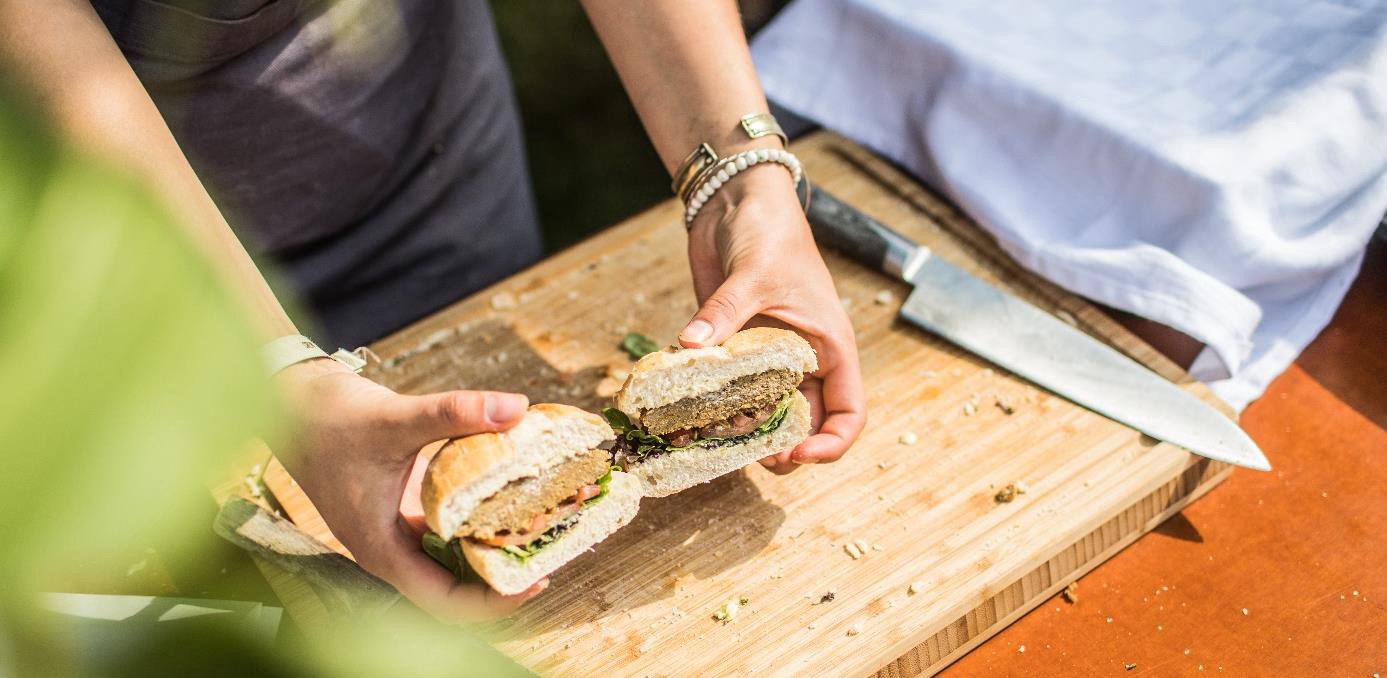
But again, why, why are crickets more sustainable than cows? The sustainability of the food comes in when you look at the comparisons to beef, with insects producing the same protein as beef with 25 times less feed and of course a far smaller amount of water/energy needed. Also, cows release a lot more gas…
Burgs Foods took part in the EIT Climate-KIC accelerator and are now based in Rotterdam with a team of 5.
In 2015 the Netherlands consumed over 27 thousand tons of orange juice. That’s a lot of oranges and a lot of unneeded peel. That’s where Peel Pioneers come in, they turn peel into sustainably manufactured products.
PeelPioneers takes the citrus peelings that remain after making fresh juice, they extract essential oils that otherwise would have been wasted. These essential oils can then be used for all manner of things including cosmetics, food, and cleaning products.
Every 1000 kg pulp, provides cleaning products for 4500 m2 floor space and healthy supplementary feeding for 200 cows. Ensuring a reduction of 220 kg of CO2, which is comparable to the environmental impact of 500 10-minute showers.
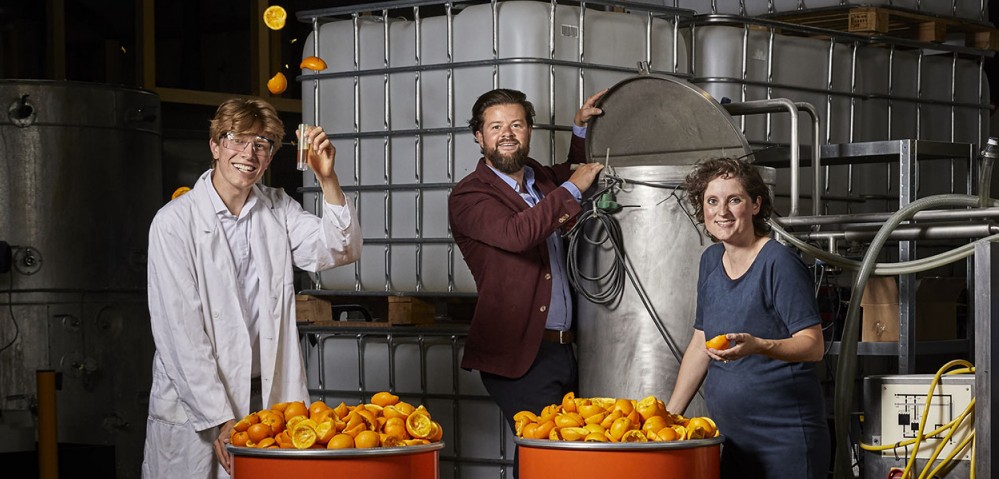
Rotterzwam is making local food production using coffee grounds a reality. They use coffee grounds — fresh, clean and local — as raw materials. Using the coffee grounds they grow oyster mushrooms so they can provide local restaurants, markets and consumers with sustainably grown food.
Every kilo of coffee grounds used to grow mushrooms reduces absolute CO2-emissions by 95% as compared to burning it.
Growing and selling mushrooms locally is great, but what makes Rotterzwam even more forward-thinking is the kits they sell to others to get started. Empowering a new movement of sustainable mushroom farmers through education and support. This community got even stronger recently as Rotterzwam crowdfunded nearly €400,000 to create an even bigger farm to keep up with demand and to begin franchising internationally.
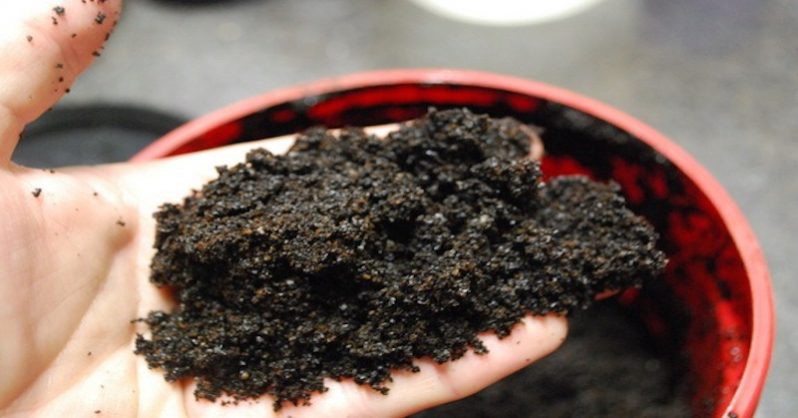
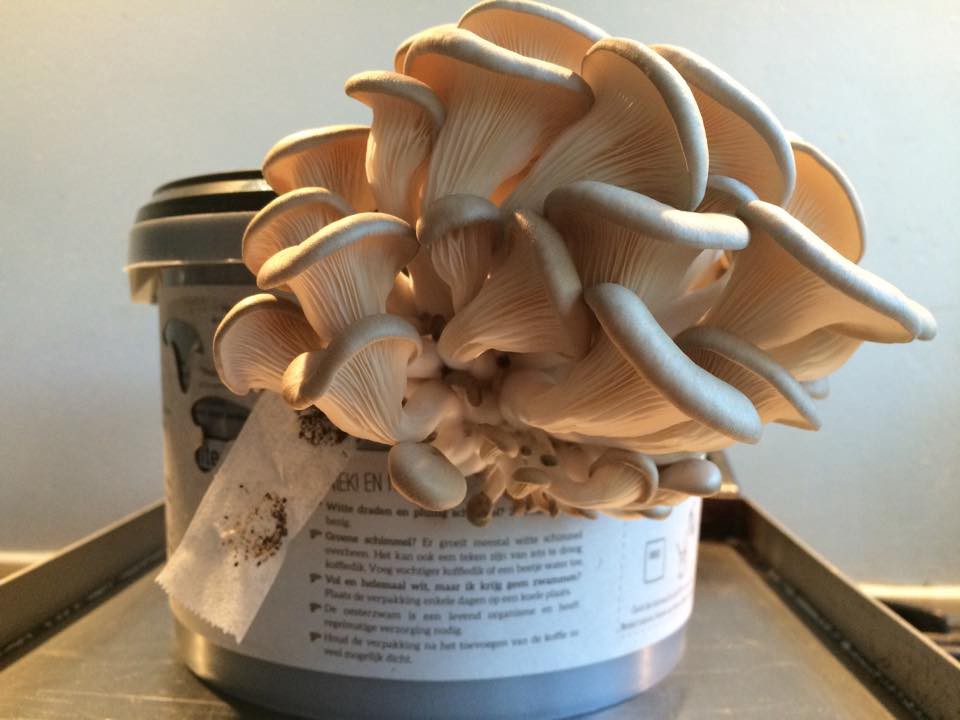

Investor, startup, or simply interested in the ecosystem, the Finder tool allows you to research promising companies, spot trends and find emerging industries.
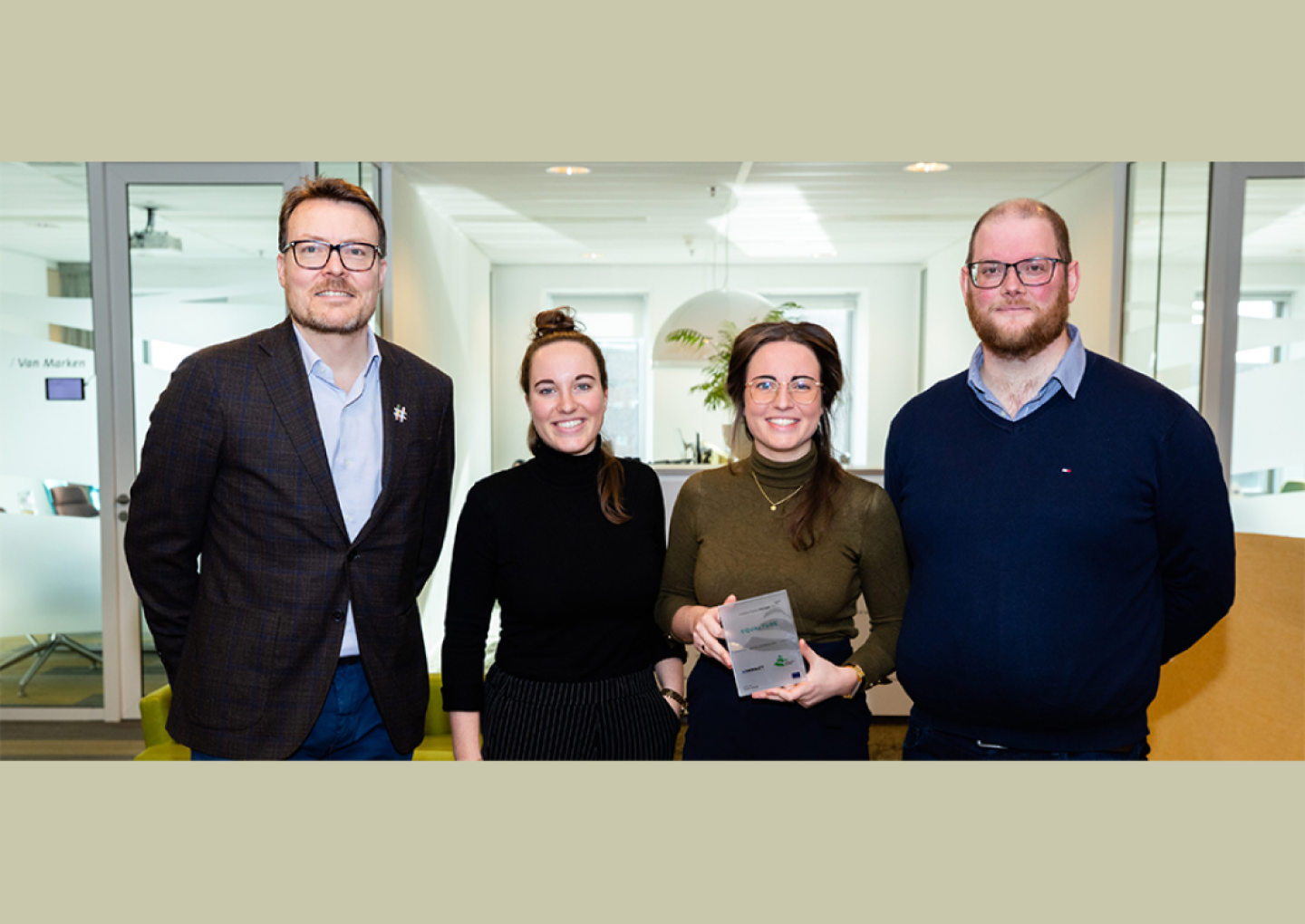
In this first article of our Corona’s Startup Overview series - Charlotte Melkert, founder of Equalture, will share insights into how her company helps us survive and fight the COVID-19 pandemic.
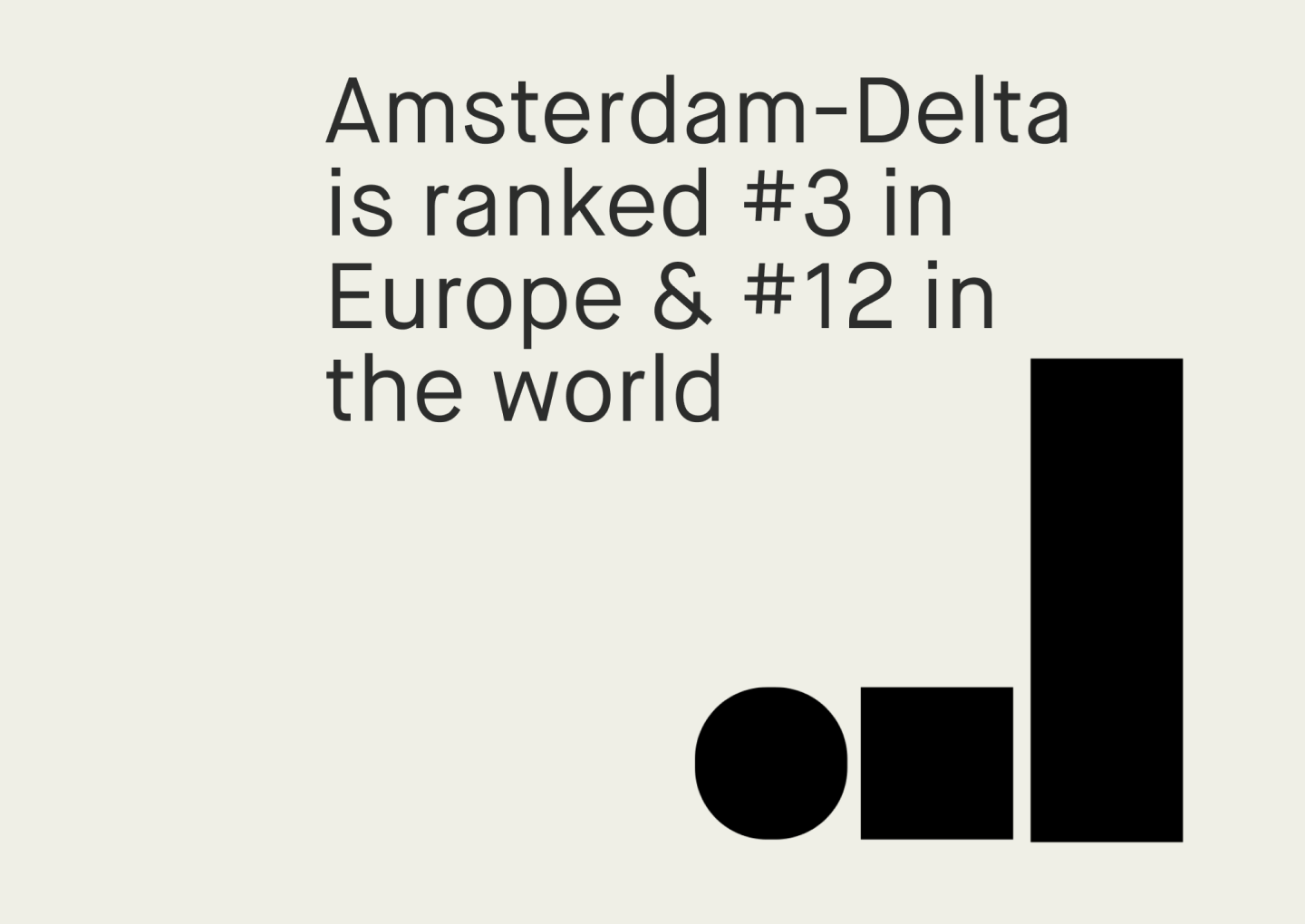
Amsterdam-Delta is the third-best startup ecosystem in Europe. This is evident from the Startup Genome Global Startup Ecosystem Ranking.
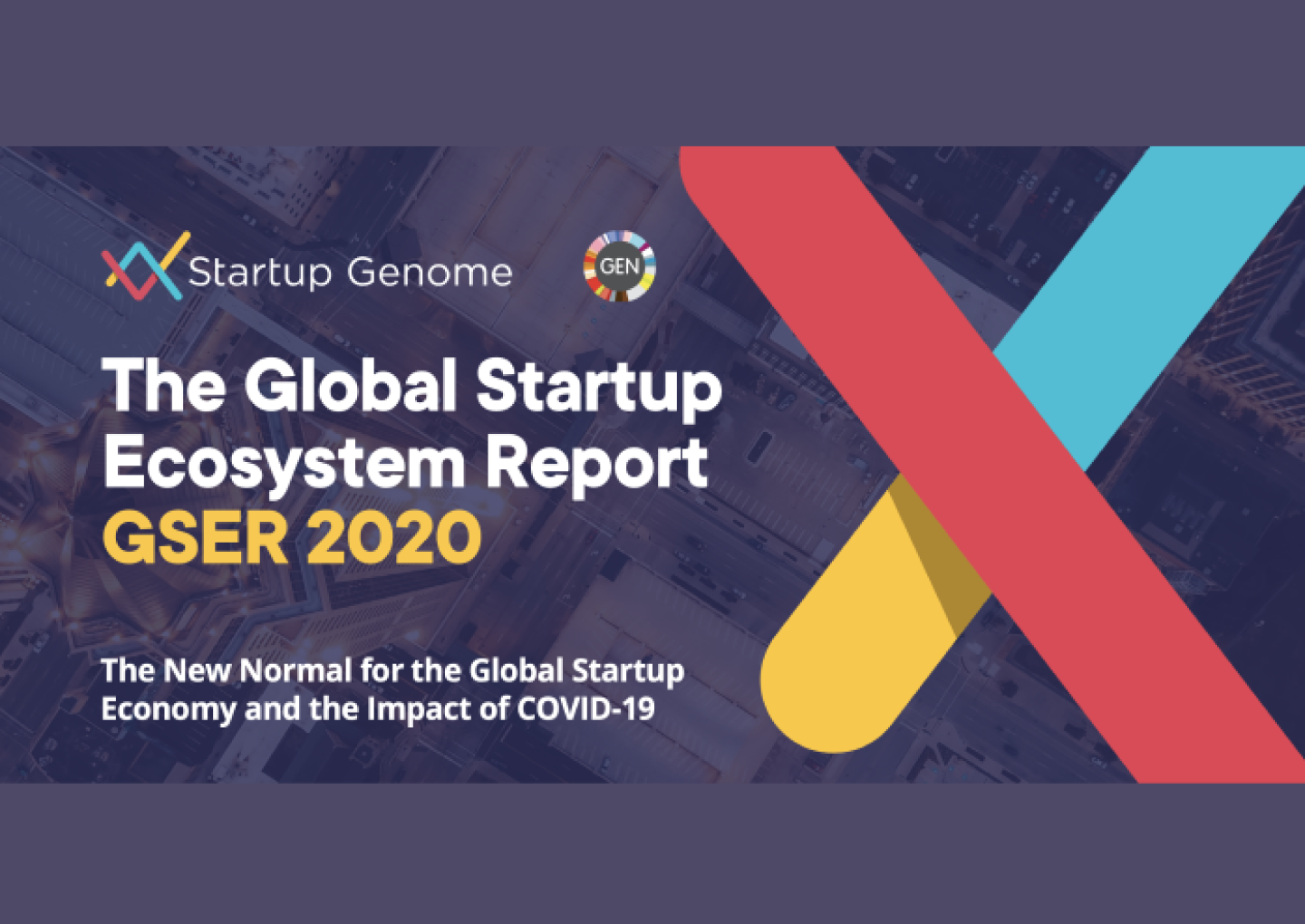
Every year Startup Genome publishes their global startup ecosystem report and ranking. Over 1 million companies across 150 cities are analysed to give a thorough insight into which startup ecosystems are performing best. It covers academic success to investment performance to pretty much anything you can think of related to creating the optimal climate for startups to scale.